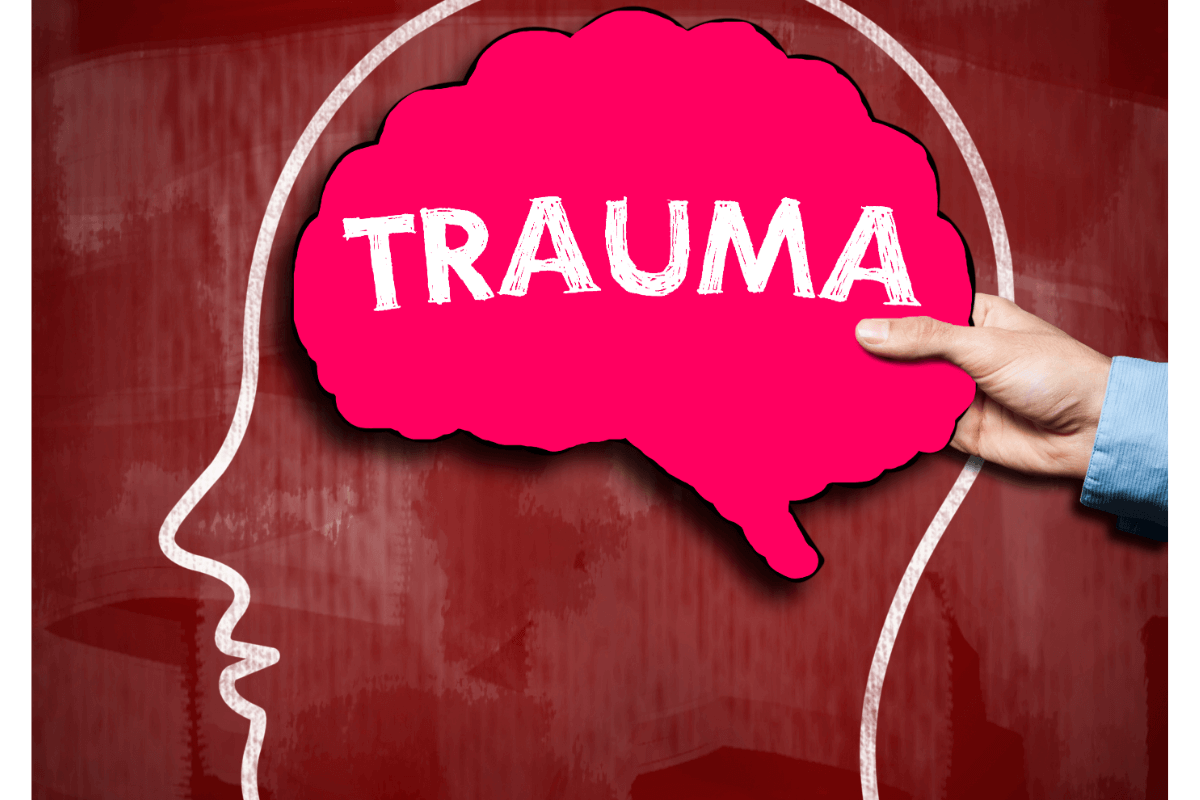
Trauma and addiction are two serious challenges that often go hand in hand. For many, traumatic experiences become a pathway to addiction. However, spending years in addiction can also lead to traumatic events. With trauma-focused care in addiction treatment, you can recover.
Understanding the Link Between Trauma and Addiction
Researchers investigating substance use disorders have found powerful connections between trauma and addiction.1 Often, this connection is there even if the person with a substance use disorder is unaware of their traumas. This makes trauma-focused care in addiction treatment all the more critical.
Two main pathways connect trauma and addiction:
- Traumatic experiences drive people toward substance use
- Substance use leads to traumatic experiences, which reinforce the addiction
The connection is perhaps most evident in people with post-traumatic stress disorder (PTSD). Decades of research have shown that people with PTSD are much more likely to develop an addiction than the general population. For most people, this is an attempt at self-medicating or coping with traumatic symptoms. However, this can quickly lead to a downward spiral of addictive behaviors.
When you use drugs or alcohol to cope with trauma, you often end up in a worse place than you began. While you may feel some temporary relief, substances don’t remove or alleviate trauma. In fact, they only push off your symptoms for a later date. And when people turn to this strategy repeatedly, the risk of developing an addiction increases.
Among other symptoms, substance use disorders can cause a worsening of mental health outcomes and powerful withdrawal symptoms if substance use suddenly stops. This exacerbates the original problem, leaving people with two mental health challenges to overcome rather than one.
Since this is so common, addiction treatment must consider trauma as a part of a comprehensive treatment plan.
Trauma-Informed Approaches in Addiction Treatment
A trauma-informed approach in addiction treatment isn’t a single style of therapy or intervention. Instead, it’s a facility-wide recognition of trauma’s effects on people’s lives. As anyone who has lived with trauma knows, misunderstandings about how trauma can affect your life can be incredibly discouraging and even harmful.
By taking a broad approach to educating our providers, support staff, clinicians, and admissions team about the effects that trauma can have, Silver Sands Recovery can help ease the path to recovery for people living with trauma. Trauma-informed care builds understanding, reduces the risk of retraumatization, and lets our clients start their journey toward sobriety in comfort.
Trauma-informed care takes place at every level of treatment, including:
- Trauma-informed clinical assessments
- Individualized treatment plans
- Collaborative decision-making in the treatment process
- Specialized therapy groups and interventions to help treat trauma symptoms
Healing from addiction is challenging enough on its own. One way to make the process easier is to ease the burden by having our entire facility take a trauma-informed approach.
Evidence-Based Therapies for Trauma and Addiction
To help people get the maximum benefit from their treatment experience, trauma-focused care in addiction treatment is a high priority. Treating trauma and addiction can be done simultaneously through several evidence-based treatment methods that have proven effective.
Some of the best methods we’ve found include:
- Eye Movement Desensitization and Reprocessing: A specialized trauma therapy that can help people recover from PTSD and addiction
- Cognitive Processing Therapy: A trauma-focused variant of cognitive-behavioral therapy
- Seeking Safety: An evidence-based approach to treating PTSD and substance use disorders simultaneously
These therapies are integrated with the best treatments for substance use disorders, including medication-assisted treatment, individual therapy, group therapy, and relapse prevention programs.
Addressing Trauma and Co-occurring Disorders
Addiction never occurs in a vacuum. Many people seeking treatment have other mental health challenges that need to be overcome, including trauma-related disorders, depression, anxiety, or any number of different mental health challenges.
Treating a single problem in isolation often isn’t the best approach. Most often, symptoms of these co-occurring disorders can often lead to relapse. But there is a solution. With dual diagnosis care, mental health treatment can be integrated into standard addiction care and trauma therapies for a comprehensive approach to total mental health.
Building Resilience and Support Systems
In addition to targeted mental health treatment, evidence-based addiction care, and trauma-focused therapies, another essential element to a comprehensive addiction care program is learning to build resilience and create strong, stable support systems.
We use multiple methods to help our clients achieve these goals, including:
- Peer-to-peer support groups
- Family therapy and involvement
- Education about trauma, addiction, and mental health
- Trauma-informed counseling
By incorporating these essential elements, we strive to help our clients build long-lasting connections and skills that will last well after they’ve completed an addiction treatment program.
Long-Term Recovery and Aftercare
To ensure our clients have all the tools they need to maintain their recovery, we offer extensive aftercare programs that can provide accountability, continuing therapy, and ongoing support. Recovery is a lifelong journey, and practicing the skills you’ve learned in treatment after you return home is essential for living a healthy and fulfilling life.
In addition to the direct services offered in our aftercare program, our team provides several community resources, helps you find support groups or therapy in your hometown, and maintains regular contact to ensure you have everything you need to succeed.
Finding Trauma-Focused Care in Addiction Treatment
When you’re seeking recovery from an addiction, recognizing the effects that trauma can have can help you make the best decision. Trauma-focused care in addiction treatment can help you heal the wounds you’ve experienced and restore your life to a better and healthier state.
At Silver Sands Recovery, our team is dedicated to providing the best in evidence-based care with a compassionate and trauma-informed approach. Reach out to our team today by calling or filling out our confidential contact form for more information. You can break free from addiction and heal from your trauma in the process.
Sources:
[1] https://www.ncbi.nlm.nih.gov/pmc/articles/PMC3051362/

